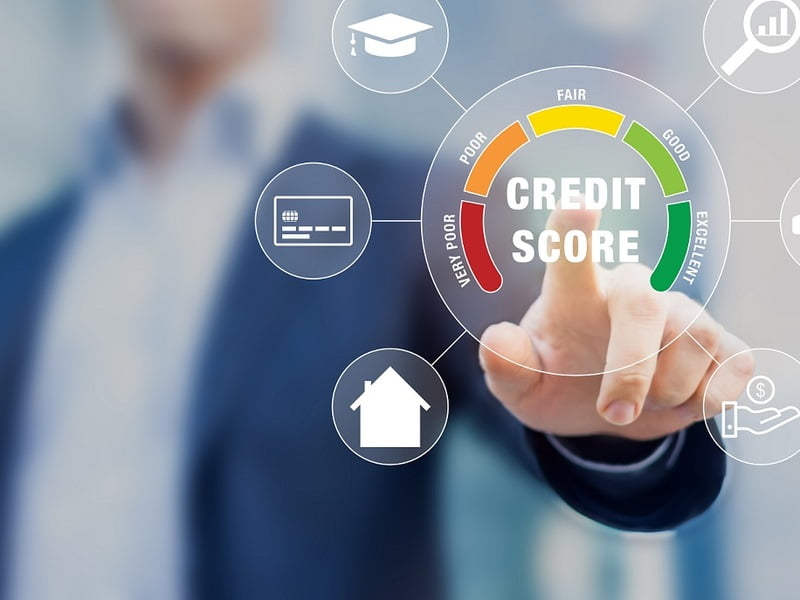
There are various reasons to improve your credit score or credit rating. Furthermore, your ability to buy products with a credit card and borrow money depends on your credit score. When you have bad credit, you will find it challenging to get a loan due to your reputation. Or even if someone is offering you a loan, you have to follow their additional terms.
This article will help you understand how you can improve your credit score. It will also help you decide whether or not you should choose a fixed or variable auto rate. So before starting, let’s discuss the benefits of having a better credit score:
You can improve your credit score with the following steps, but the process will take time. You need to check all the activities thoroughly and try to pay your debts on time. However, you need to know that different lenders have different methods and standards to measure credit score. Below you will find some tips:
You will receive a credit report from the reporting agency where you can analyze your transactions. You can also check why your credit score is bad. If you find any errors in your report, you can contact the agency to fix them quickly. Sometimes your credit score is bad because of false information. By reporting and removing that information, you can improve your credit rate.
You can set reminders and pay your bills within the time limit. That is the fastest way to improve your credit score. If you have sufficient money, you can pay your bills twice a month. That will lower the burden and also maintain your credit score.
Try to keep your balance as low as possible. That will affect the negative effect of your previous record in your current score. Stop revolving your payments and start paying. You do not realize how revolving the debts can cause problems with your credit score.
Most people experience bad credit scores because they link out with their relatives or friends. These relatives or friends may have a poor credit score that they might have forgotten or don’t know about. All the bad credit of the person you are linked with will affect your credit limit. If you face such issues, you can immediately check for the joint accounts and withdraw from it.
Furthermore, if you have a linked account to your spouse and have a bad credit indirectly affecting your credit score, you can help so that both of you can maintain the credit scores. Sometimes lenders also consider your spouse’s credit score to decide whether you will be able to pay your loans or not.
When you stay in the same house for a long time, you have a good reputation in front of lenders. On the other hand, if you keep moving, they will consider your credit score to be poor. They will estimate how seriously you will pay your loans after going through your previous history. When they see you shifting your home multiple times, they will think that you will not be able to pay your loans when you shift.
Try increasing your credit limit only if you can control your spending limits. When you raise your credit limit to a card or two, your utilization ratio will go down. Also, avoid increasing your credit limit if your score is trending downward. When you apply for the increment of credit in this situation, the issuer will think that you want extra credit because you are in a financial crisis.
To keep it simple, we can say that you need to take various steps to improve and maintain your credit score. The first thing you need to do is maintain your credit balances as low as possible. Secondly, you need to pay all your bills in time to avoid any negative impact on your credit score. When you have a better credit score, you will have a better reputation and receive a good response when visiting the lender and apply for the loan. While negotiating with your lenders, you can raise your negotiating terms.
Chances are, if you’re working with data, you’re using apps and other software services to…
A new report from the United States of Care (USofCare) has spotlighted the healthcare affordability…
Innam Dustgir's journey from freelancing to becoming the CEO of three highly successful IT companies…
California has a big vision for the future of clean energy. This year, renewable energy…
The loss of a tooth can affect more than just your smile—it can impede on…
Imagine a young mother of two suddenly loses her husband in a tragic accident. The…